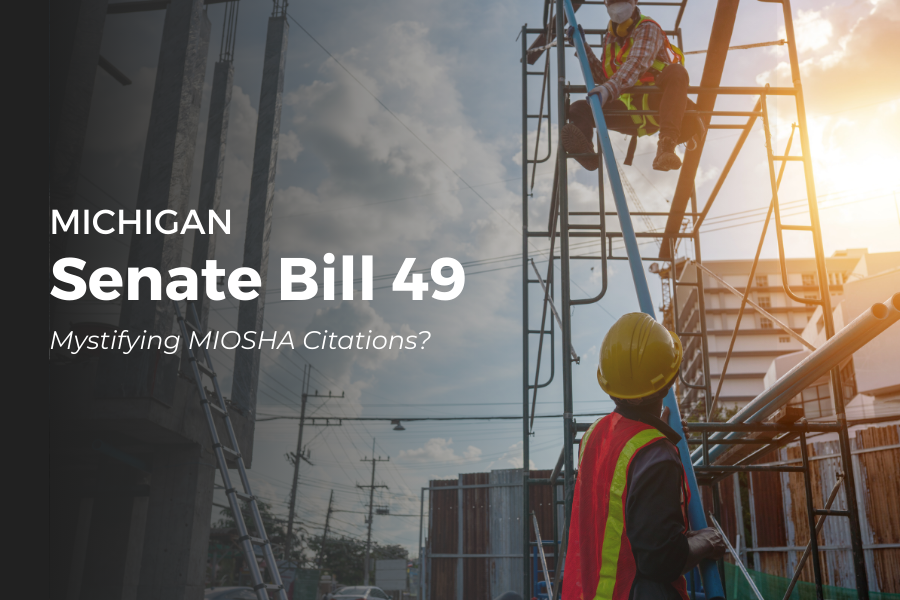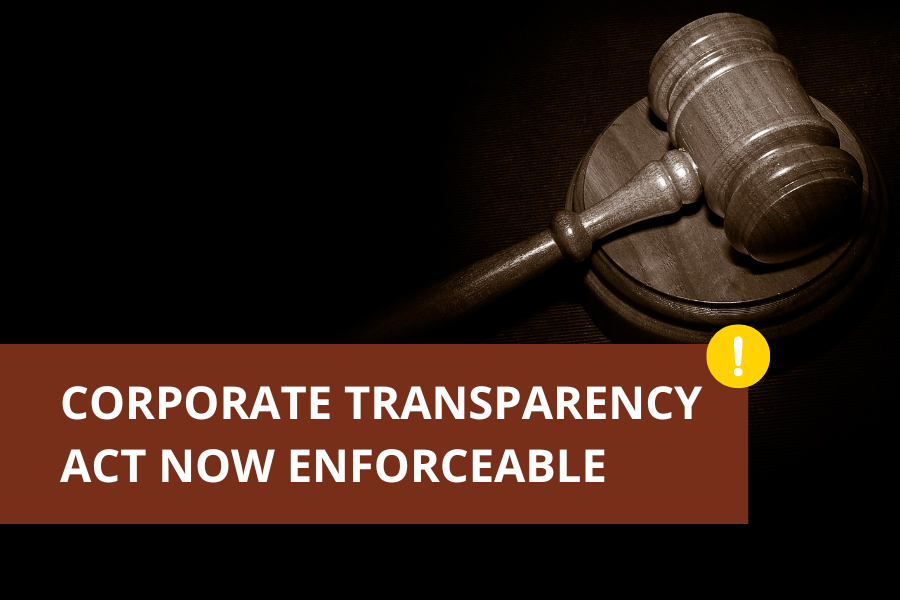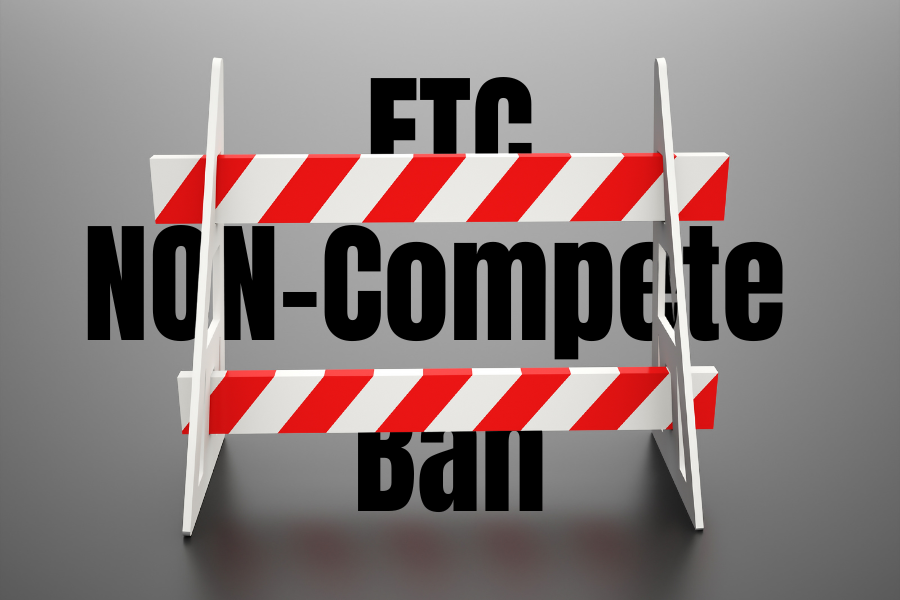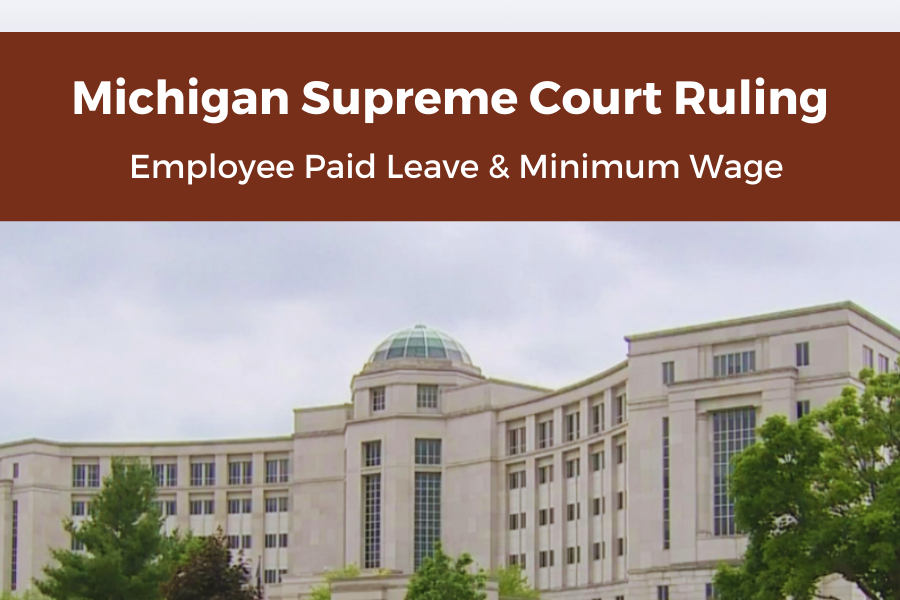 The Michigan legislature recently amended the Michigan Marketable Record Title Act via HB5611 to delay the time period for property owners and associations to record notices to preserve interests and use restrictions until March 29, 2024 – an extension of three years. HB5611 was signed by Governor Whitmer on December 30, 2020. This extension has essentially resulted in the legislature “punting” the various issues with the Amendment to a later date.
The Michigan legislature recently amended the Michigan Marketable Record Title Act via HB5611 to delay the time period for property owners and associations to record notices to preserve interests and use restrictions until March 29, 2024 – an extension of three years. HB5611 was signed by Governor Whitmer on December 30, 2020. This extension has essentially resulted in the legislature “punting” the various issues with the Amendment to a later date.
On December 28, 2018, the Michigan legislature passed Senate Bill 671 (“Bill”) which amends the Marketable Record Title Act (“MRTA”). The Bill took effect on March 29, 2019. The “Amendment” to the MRTA provided for a 2-year grace period (until March 29, 2021) for recording a notice to preserve interests or use restrictions that are more than 40-years old (20 years for mineral interests). Most importantly, the Amendment requires the recording of a “Notice of Claim” which must contain very specific information including, among other things, the claimant’s name, the interests to be preserved, the liber and page or other unique identification number of the instrument originally creating the interest, and a legal description of the real property affected. Previously, after March 29, 2021, if a Notice of Claim was not recorded within the 40-year time period containing the required identifying information as provided in the Amendment, then the claimed interest or restriction would no longer have been preserved and would have been void as a matter of law. The Amendment, however, created many ambiguities regarding compliance with the new restriction preservation recording requirements, which had created a great deal of concern.
In particular, condominium and homeowners associations have pressing questions including:
- Whether an association is a “claimant”? An association is generally charged with enforcement of use restrictions in association communities, but do they have an interest under the Amendment to file a Notice of Claim and extend the restrictions if the interests or restrictions aren’t necessarily for the association’s benefit?
- Whether an association (i) may legally describe the real property collectively as is typically done in a plat or site condominium map, or (ii) must legally describe every parcel of real estate impacted by the use restrictions separately? The administrative burden of the latter on both associations and registers of deeds could be catastrophic.
- Whether any proposed bill to exempt associations will apply only to condominium associations, as was the case with HB5260 (purported to exempt condominium associations from the Amendment, but not necessarily homeowners associations).
The above examples are just the tip of the iceberg. Luckily, members of the Real Property Law Section of the State Bar of Michigan (the “RPLS”) are chairing legislative efforts to amend MRTA to clarify various issues, including those discussed above. Most importantly, at least in this author’s view, it is being reported that the exemption for condominium associations – but not homeowners associations – is being addressed in the RPLS amendment. Although a resolution to these concerns may not come to fruition for some time now that the Amendment’s effective date has been pushed back three years.
If you have questions regarding the Amendment to MRTA, you can contact Hilger Hammond here.










